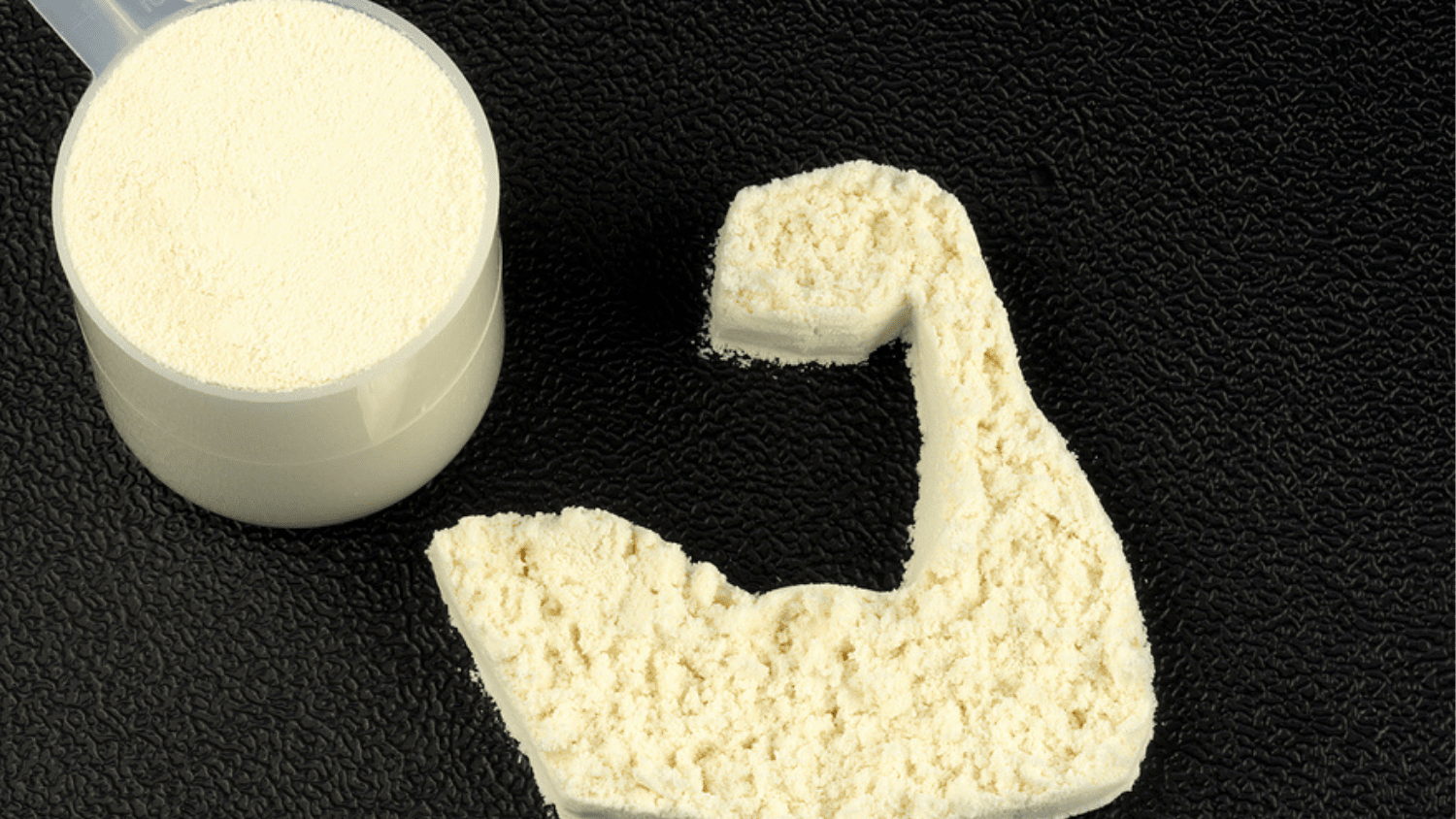Protein supplements offered as powders or formed into a snack bar can help adjust and compensate for minor deficiencies in your diet, supporting attempts to build additional muscle. Few supplements have more utility and proven effect to weight trainers than proteins taken in addition to or in between regular meals; but, which is better, supplementing via powders or bars?
Proteins are, of course, vital to growth and repair of body tissues. The body breaks down protein consumed through our daily diet into amino acids in the stomach and intestines to be reconstructed into new biologically active and structural proteins. This includes building and maintaining muscles. We need amino acids at all times, so when they’re not consumed via food sources, our bodies will scavenge muscles to get them. The scavenging is referred to as “muscle catabolism.” Of course, this is the exact opposite of what most anyone would want to happen.
Gym-goers too often have a diet short of protein necessary to support exercise-induced muscle growth and are susceptible to catabolism. At the same time, access, availability, apathy, and aversion to complete proteins such as chicken lead many weight trainers to seek out convenient new sources. In other words, we don’t always have a chicken breast handy, not everyone likes chicken, and even if you do, you don’t always feel like eating the same thing.
The question of whether one should eat protein bars or ingest drinks prepared from protein powders depends mostly on circumstance, cost, and intention.
The Pros and Cons of Powders and Bars
Protein powder
- Is more easily digested and absorbed.
- Allows for faster uptake of amino acids into muscles.
- Offers very desirable ratios of protein to carbohydrates and fats.
- Offers a lot of protein without an excess of non-protein-sourced calories.
- Is a better value in terms of cost.
- Is widely offered from a variety of sources from whey to casein, soy, hemp, and egg albumin.
Protein bars
- Are ultra convenient and ready to eat, making them a faster and more portable snack choice.
- Have more sugar (simple carbohydrates) and fat.
- Usually taste better than powders prepared in a drink.
The Bottom Line
It’s important to remember that protein powders and bars are both supplements. You shouldn’t rely on either as the sole or predominant source of your dietary protein.
If you feel your diet is short of protein or if you’re a serious lifter needing additional protein to support your training sessions and to build and maintain muscle mass, protein powders are the better supplement choice over the long term. In conjunction with a sound diet of more conventional foods, an effective training program, and adequate rest, protein powders will fill in a piece of the muscle-building puzzle. There are powdered protein supplements available today catering to all training goals and dietary preferences. If all that is required is a convenient, high-protein snack during the day, however, you will be well served reaching for a protein bar.

Leave a Reply